AeroGenie — Uw intelligente copiloot.
Trending
Categories
Boeing Subsidiary Unveils Pilotless Air Taxi

Boeing Subsidiary Unveils Pilotless Air Taxi
Wisk Aero, a Boeing-owned electric vertical takeoff and landing (eVTOL) company, has announced plans to develop an autonomous air taxi capable of operating without a human pilot. If the project proceeds as scheduled, Wisk’s self-flying aircraft could be in service by 2030, representing a major advancement in the burgeoning urban air mobility sector.
A Distinct Approach to Autonomy
Wisk’s strategy distinguishes itself by focusing on full autonomy rather than relying on remote or onboard pilots, setting it apart from competitors such as Archer Aviation and Joby Aviation. These rivals are also aggressively pursuing the air taxi market, with Archer recently acquiring an airport near Los Angeles to support operations ahead of the 2028 Olympic Games, underscoring the intensifying competition in this field.
Despite the promise, Wisk and Boeing confront significant challenges. eVTOLs are legally classified as aircraft and must comply with stringent airworthiness standards imposed by regulatory bodies like the Federal Aviation Administration (FAA). Wisk’s aircraft face an even higher threshold, as they must demonstrate the ability to fly safely without any human intervention.
Navigating Technical and Regulatory Complexities
Uri Tzarnotzky, Wisk’s Head of Product Design, highlighted the critical role of environmental awareness in autonomous flight. He explained that trust in an autonomous aircraft depends on its ability to accurately perceive and understand its surroundings. This capability is particularly vital in complex urban environments such as Los Angeles or San Francisco, where dense skyscrapers and varied terrain pose significant navigation challenges. Tzarnotzky likened this to the way autonomous vehicles like Tesla or Waymo detect other cars and pedestrians, emphasizing the importance of situational awareness for safe operation.
The regulatory environment adds further complexity. California’s relatively streamlined approval process has made it a favored location for testing autonomous vehicles and aircraft. However, industry experts have expressed concerns about “certification tourism,” where companies seek regulatory approval in less demanding jurisdictions before attempting to meet the more rigorous standards of major markets such as the United States and Europe.
Market Response and Industry Outlook
Reactions to Wisk’s announcement have been mixed. While some investors are optimistic about the transformative potential of urban air taxis, others remain cautious due to unresolved safety issues and the protracted regulatory approval process. Meanwhile, competitors continue to intensify their efforts to establish a presence in what is anticipated to be a highly lucrative market.
As the competition to launch pilotless air taxis accelerates, Wisk’s progress will be closely monitored not only for its technological innovations but also for its ability to successfully navigate the intricate regulatory, safety, and market challenges that will shape the future of urban air mobility.
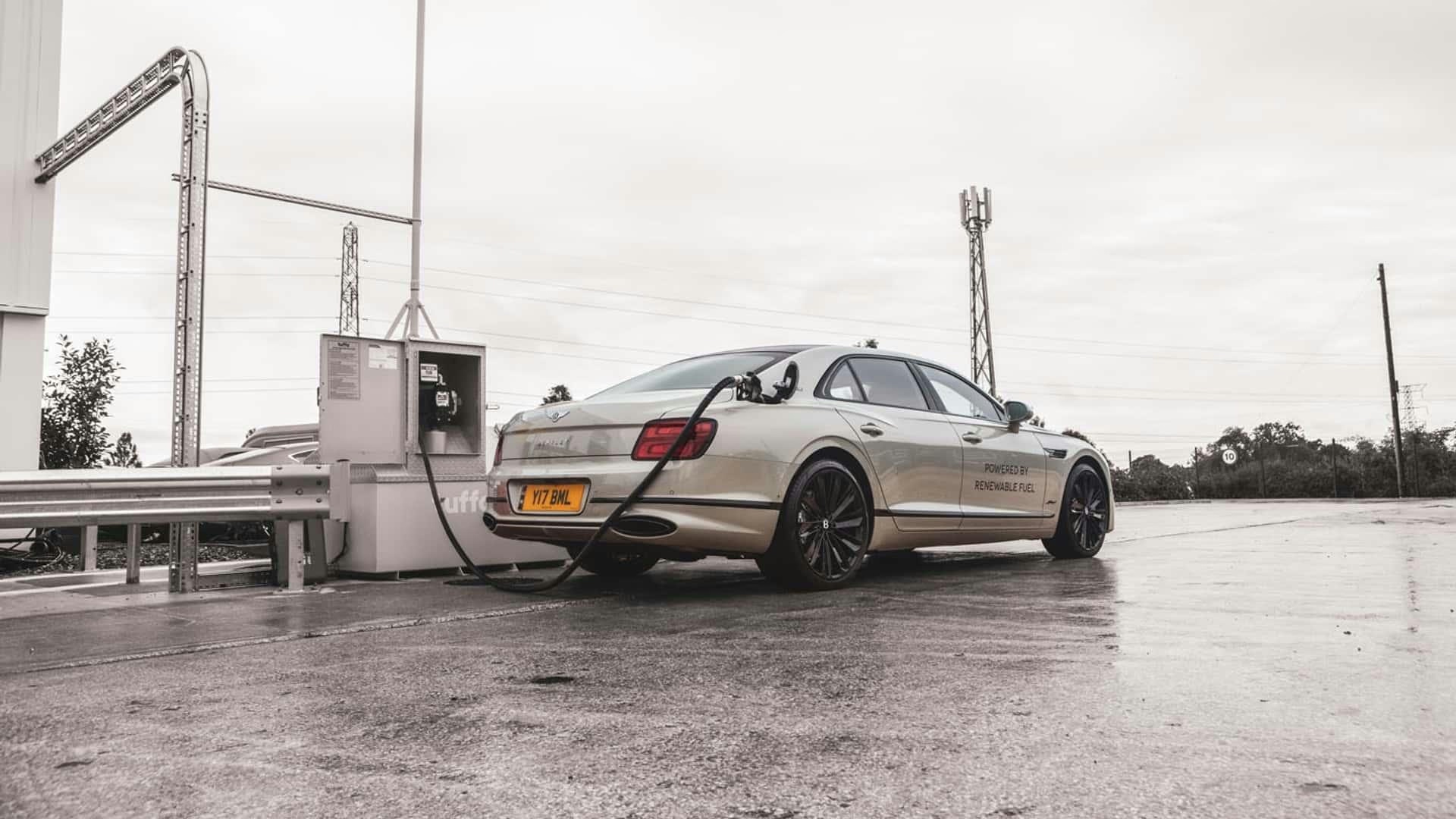
Bentley Uses Sustainable Aviation Fuel for Luxury Car Deliveries
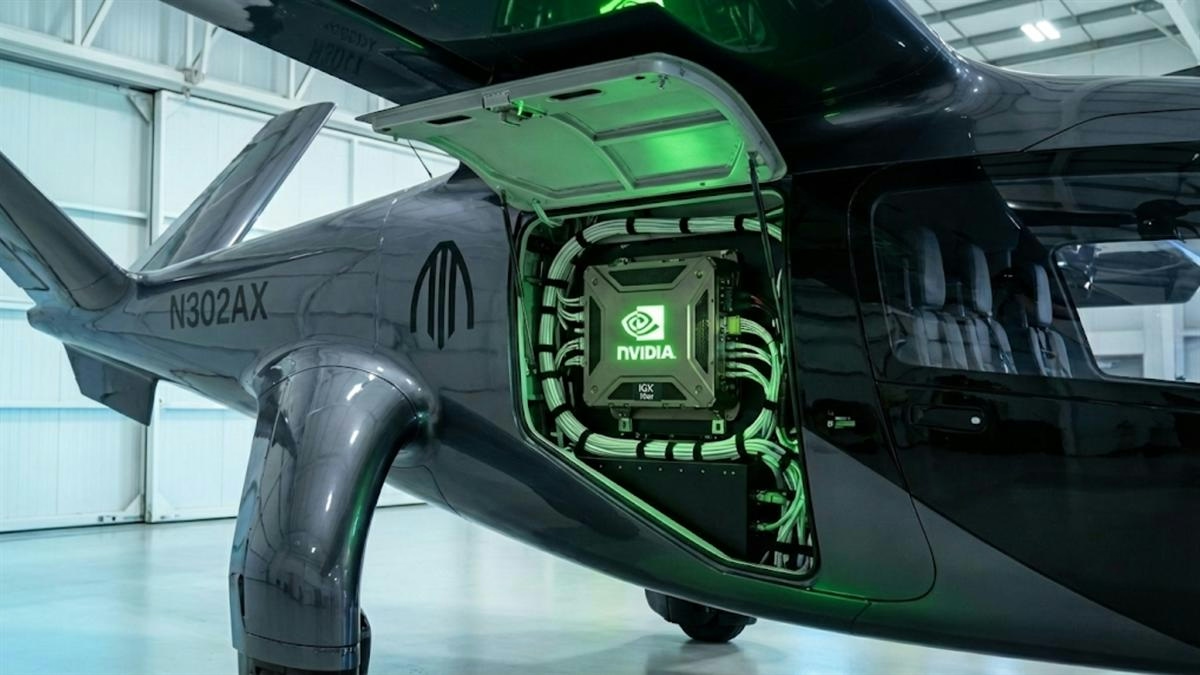
Archer Aviation’s UK AI Flight Hub and NVIDIA Partnership Shift Investment Outlook
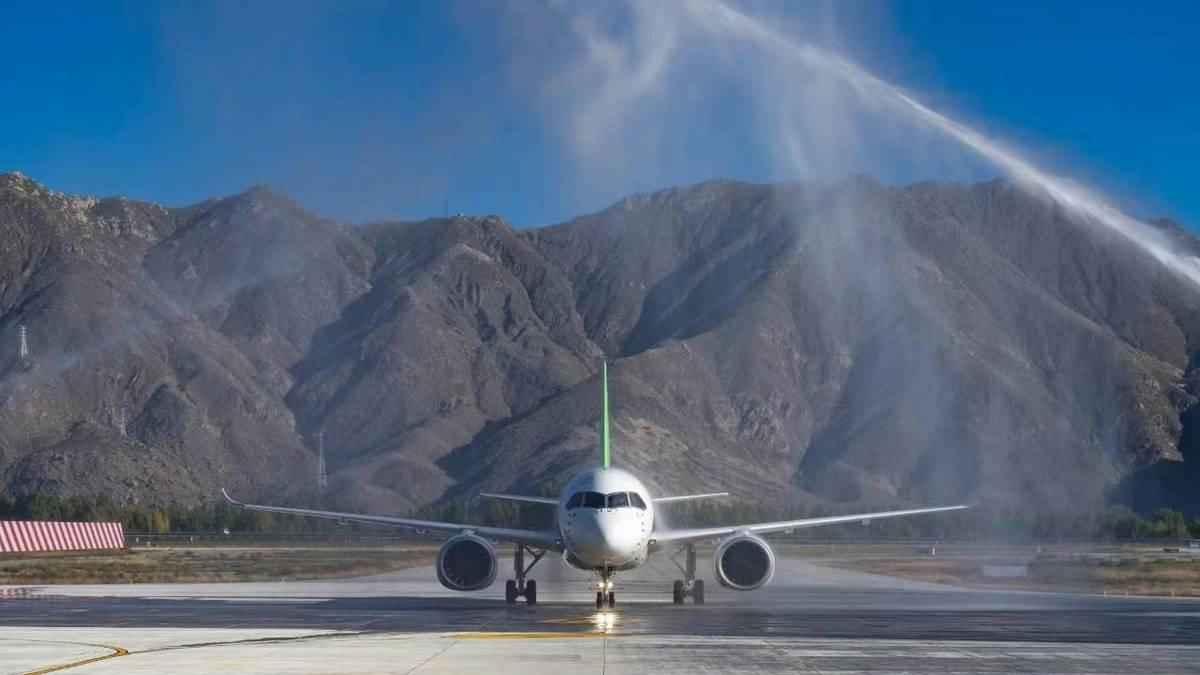
COMAC Faces Delays as Supply Chains and Sanctions Restrict Output and Western Access

Aviation Tariffs Shift Focus Amid Market Volatility
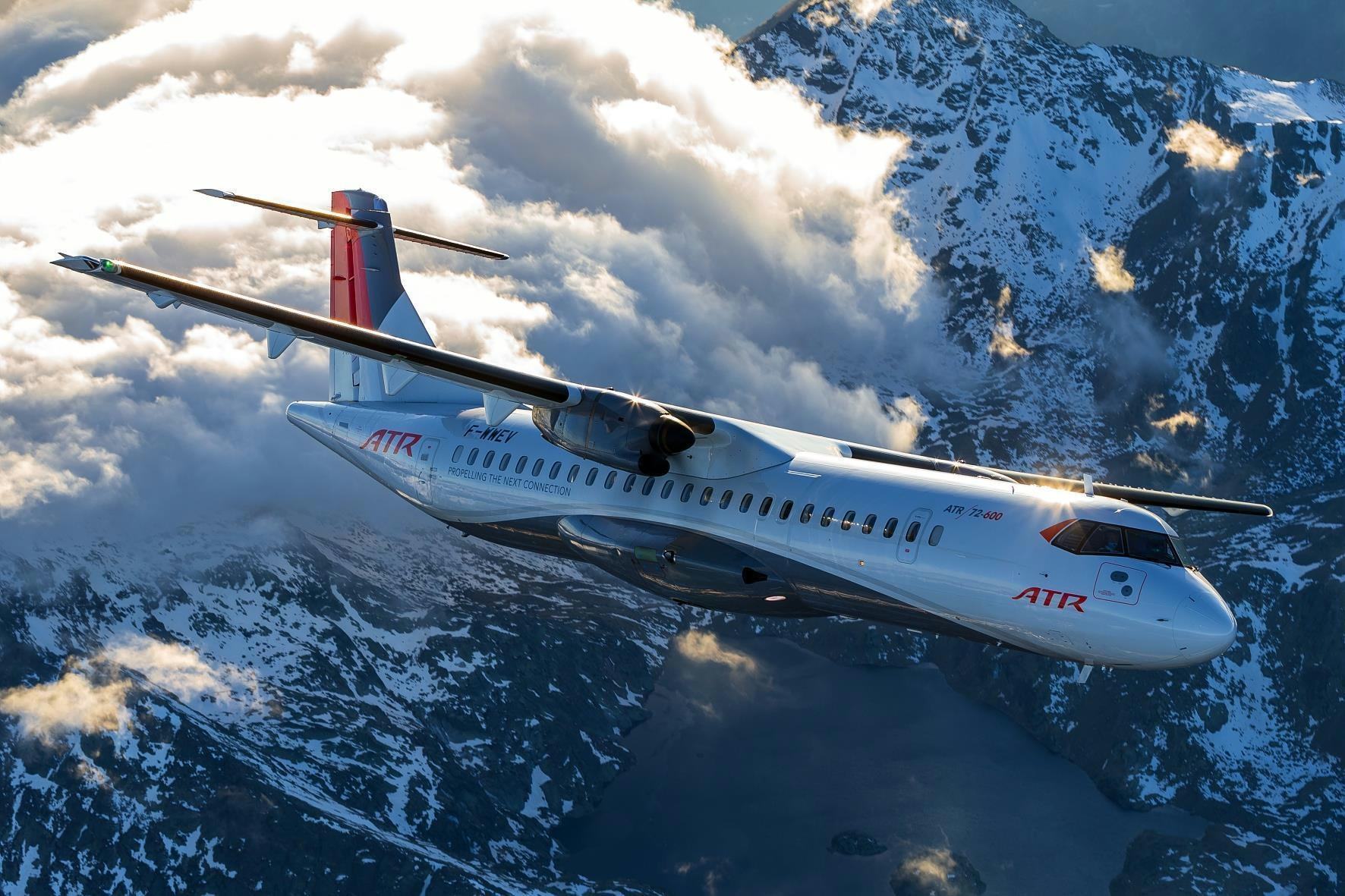
ATR Airlines Misses Targets Amid Aircraft Delivery Delays

Sen. Jerry Moran Proposes Bipartisan Bill to Improve FAA Certification for Advanced Air Mobility
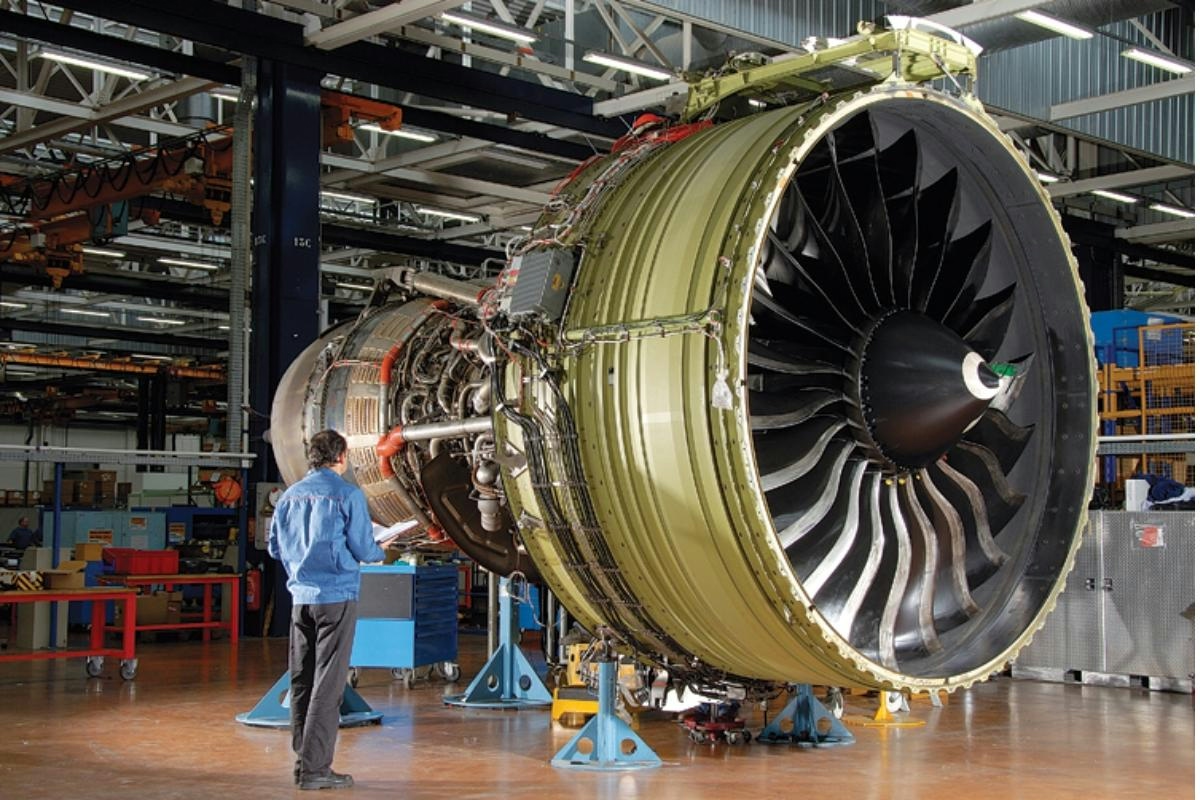
Aviation to AI: How Boeing Engines Are Powering the Data Center Boom
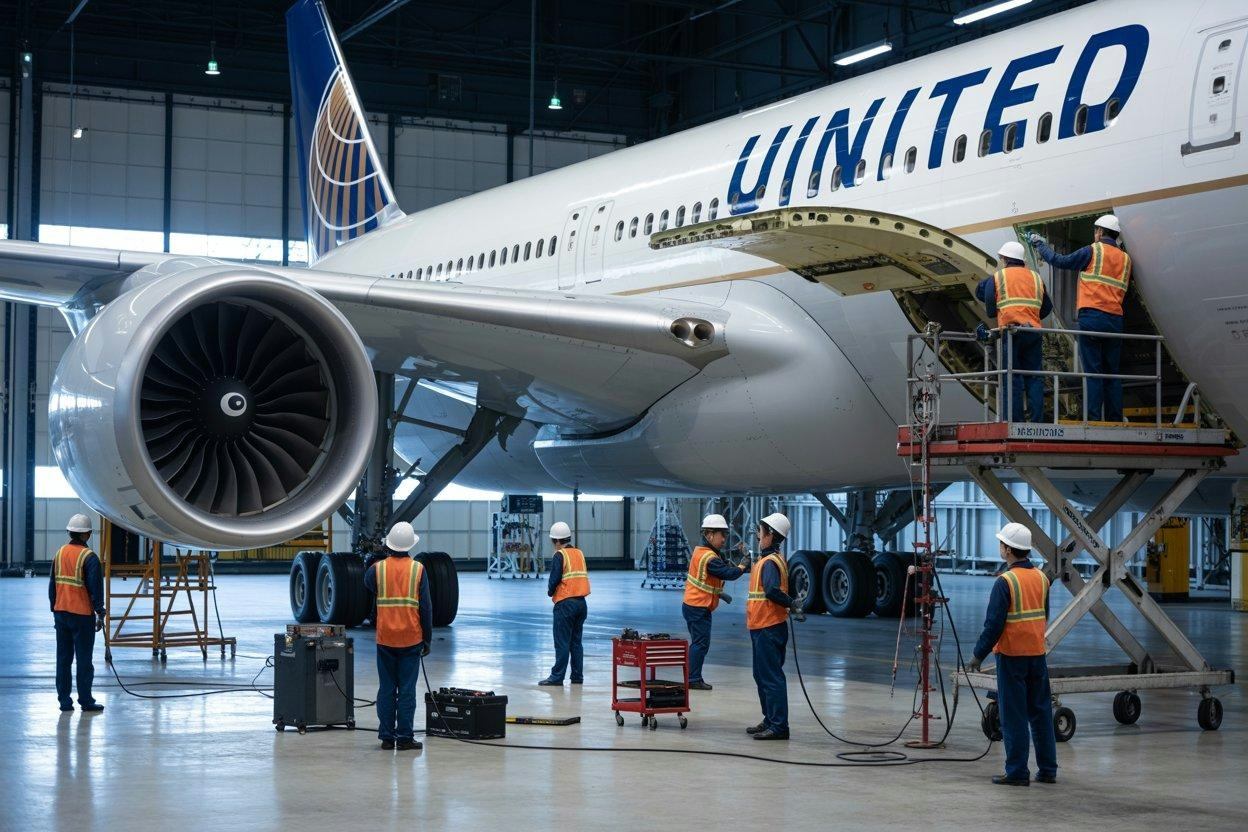
US Audit Identifies FAA Oversight Gaps at United Maintenance

The Impact of Agentic AI on Airport Operations
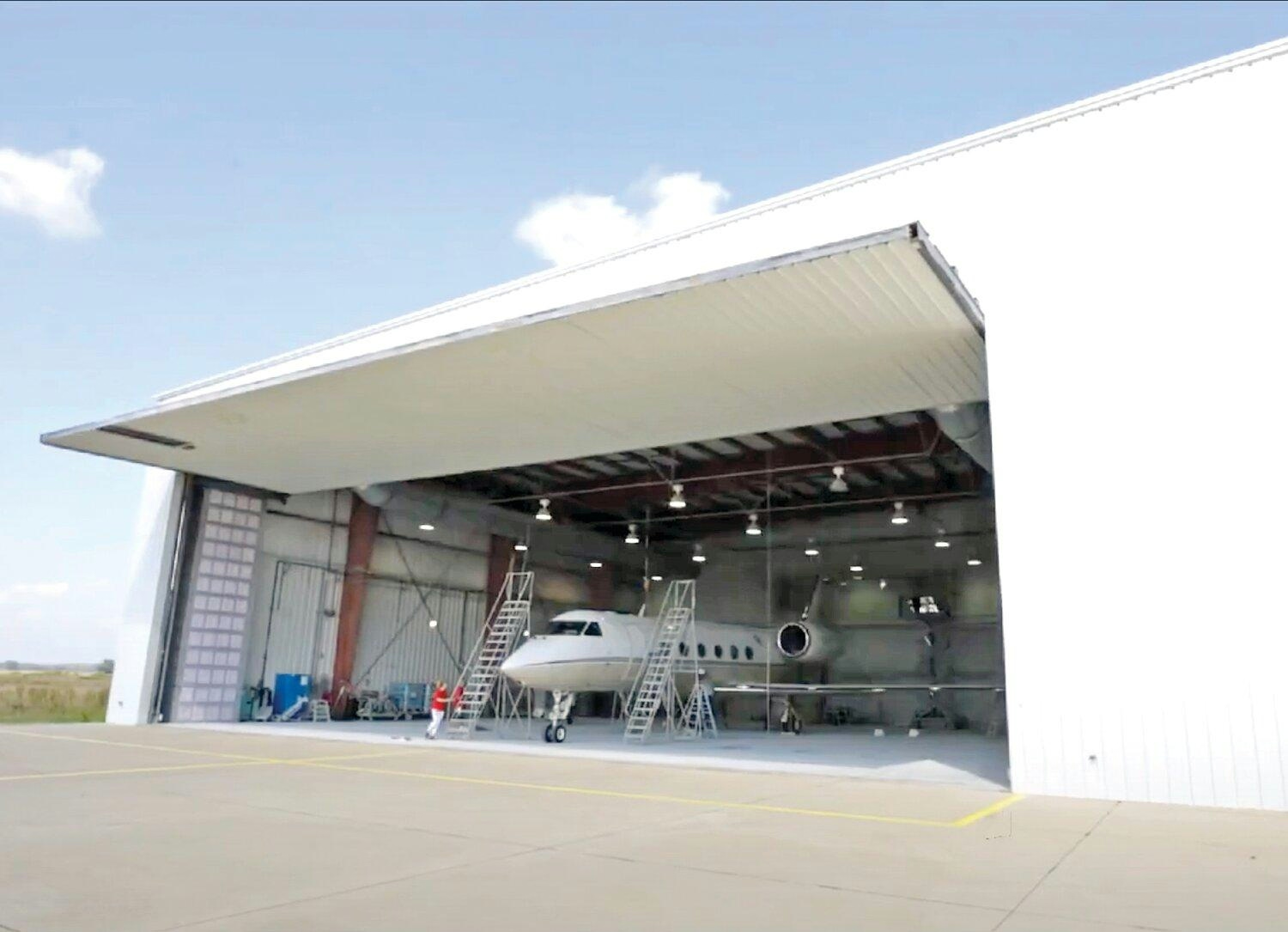
West Star Aviation Announces Expansion in Chattanooga
